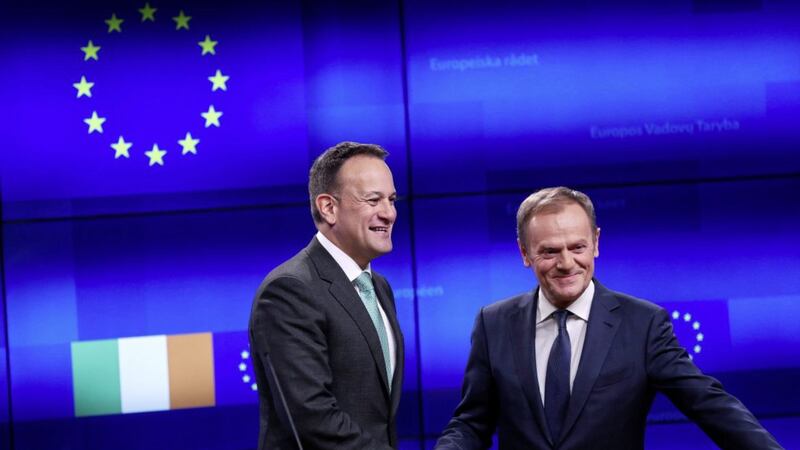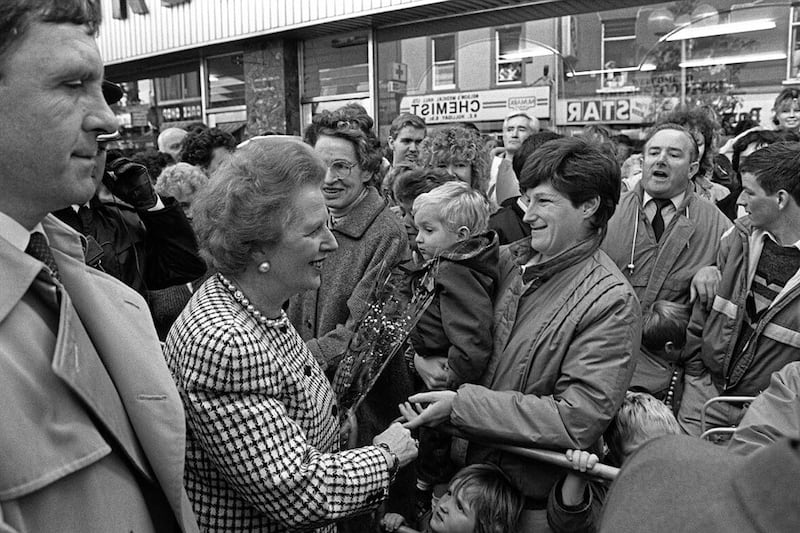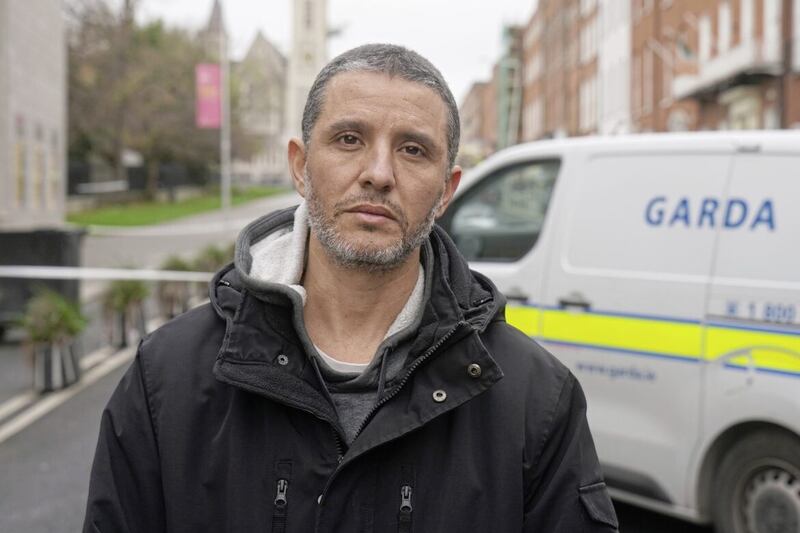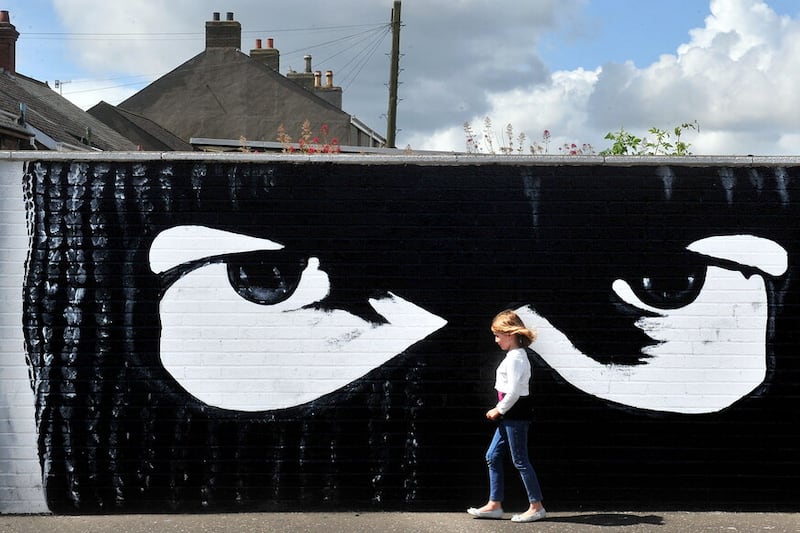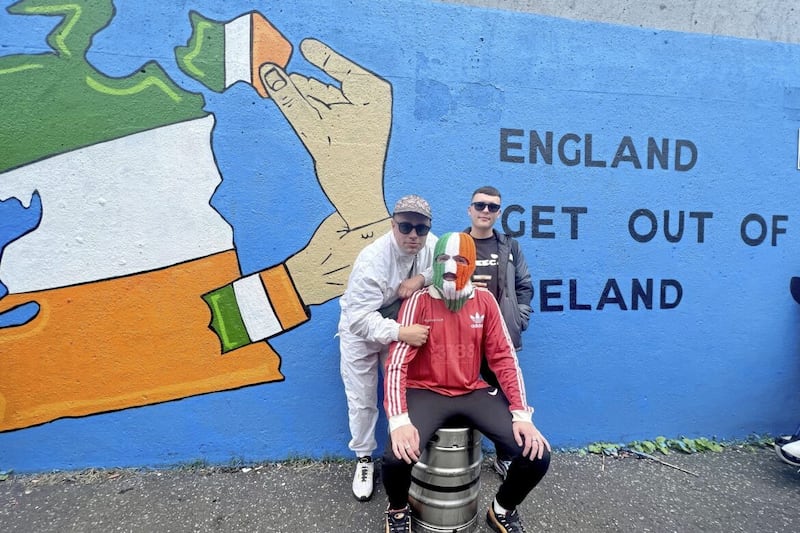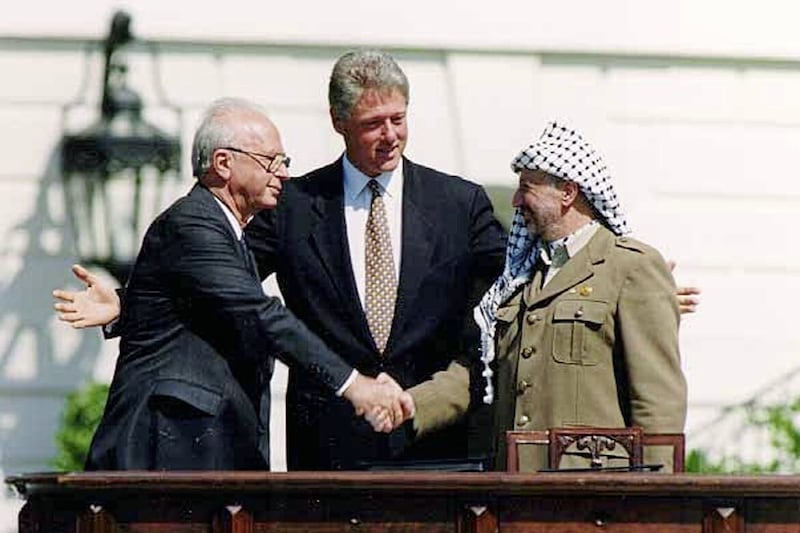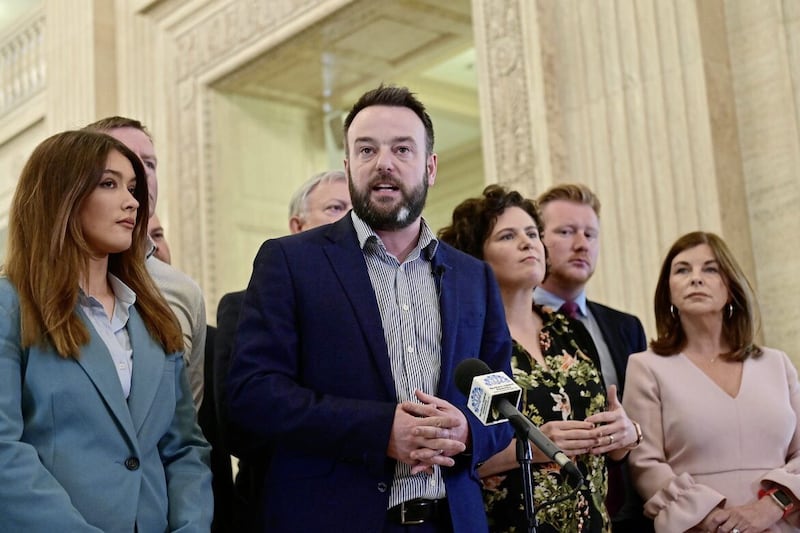Last Thursday, a small but significant event took place in the Mansion House in London.
Known as a City Dinner, it is one of a series of discrete but significant events that the peace building charity, Cooperation Ireland, does to keep the wheels of Anglo-Irish relations turning.
Someone has to as the toxicity of commentary from political and media sources risks a scorched earth policy.
No matter what one’s viewpoint - remain or leave - whatever the outcome of the monumental Tory folly that is Brexit, whether soft or hard, life between Ireland and Britain has to go on.
After all they are both responsible for the spoiled child they spawned - Northern Ireland. More importantly billions of pounds worth of trade and over a half million jobs depend on good relations between Britain and Ireland.
The dinner supports Cooperation Ireland projects and is attended by all shades of political opinion and of course the big corporates from the City of London.
The Mansion House is a spectacular edifice but it is actually thirteen years younger than our own Mansion House in Dublin, a mark of our capital’s prominence as one time second city of the British Empire. Nowadays Dublin isn’t playing second fiddle to anyone, least of all London.
Cooperation Ireland is one of the few organisations that recognises that.
Certainly amongst the West Brit writers so beloved of Dublin 4 and the rent-a-mouth little Englanders who opine in the British tabloid press, there is an overriding theme that Ireland should bend to the political whim of their larger neighbour. Those Irish writers who advocate this continued form of cultural and economic serfdom are clearly affected by some strain of Stockholm syndrome.
The main difference between Britain and Ireland is becoming more evident by the day, Ireland so long in the shadow of England has now emerged as an European nation.
Britain remains an island, geographically and mentally.
Maybe the monastic heritage which bought great houses of learning to Europe in the Dark Ages has finally taken root in the collective sense of Irish identity and destiny.
While Ireland strove to take its place amongst the nations of the world by seeking independence, Britain sought to dominate and colonise a third of the planet to their own world view.
But back to Cooperation Ireland and its City of London dinner. The two strands of Anglo Irish relations were represented by two ministers; on the British side was Sir Alan James Carter Duncan, Minister for State for Europe and the Americas. (When I heard the latter read out by the Toast Master I thought was in the Court of George III and his prime minister, Pitt the Younger, afraid to explain to the mad King that they had lost the Americas).
Batting for the Irish side was the debonair Eoghan Murphy, Minister for Housing, Planning and Local Government.
Duncan is a season campaigner, he managed to deliver a ten minute speech during a constant fire alarm. To his credit he outlined why there was a requirement for a backstop to this mainly British audience. And to their credit they got it.
Much of what he said was formulaic, hardly surprising when his government is moribund with a divided party and paralysed parliament.
And then came Murphy. This minister doesn’t often get an opportunity to shine as he is faced with huge difficulties in trying to deal with a monumental crisis in housing that is a legacy of not one Irish government but about five.
Murphy started his speech by mentioning that the current Sheriff and Alderman of the City of London, Vincent Kearney, who shared his alma mater and is from Dublin.
Kearney is only one of many Irish contacts in corporate Britain. Alan Duncan already revealed that there were over 50,000 Irish born directors in British companies. These are the invisible bonds of economy.
Murphy wisely reminded his audience that the peace process was built on three sets of relationships: those within Northern Ireland; those North/South on the island of Ireland and finally those East/West between Britain and Ireland. He said they ‘need constant care, attention and work’. It is clear that the UK decision to leave the EU undermines and has impacted on all three sets of those relationships.
Not many Fine Gael politicians quote Lenin but Murphy did on Brexit - ‘there are decades when nothing happens and then there are weeks when decades happen’. The work of Cooperation Ireland is going to have to pick up a gear to deal with this revolution.

